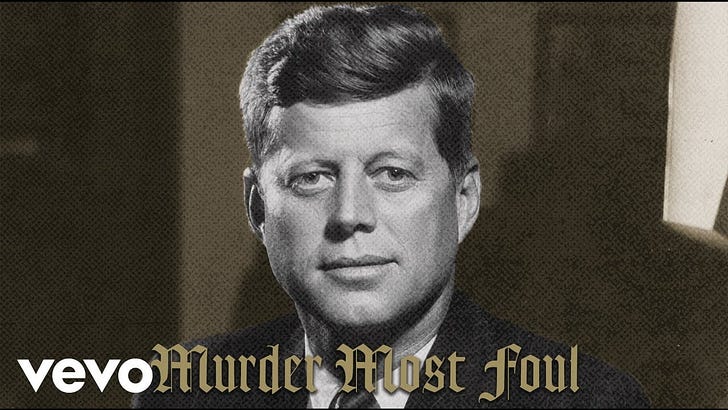Artists on Murder Most Foul
David Byrne, Fiona Apple, Elvis Costello, Nick Cave, Jarvis Cocker, Jason Isbell, Ron Sexsmith and more
Keep reading with a 7-day free trial
Subscribe to The Joker and the Thief — Newsletter to keep reading this post and get 7 days of free access to the full post archives.



